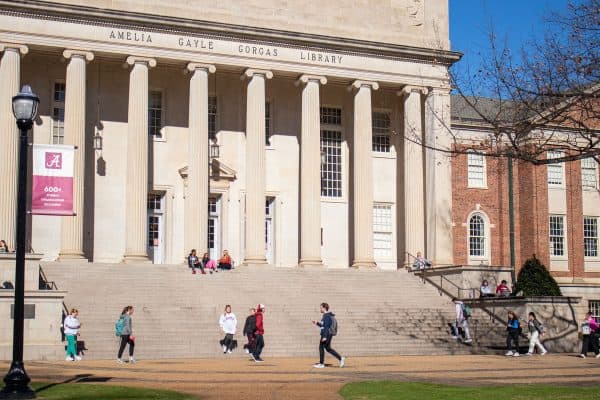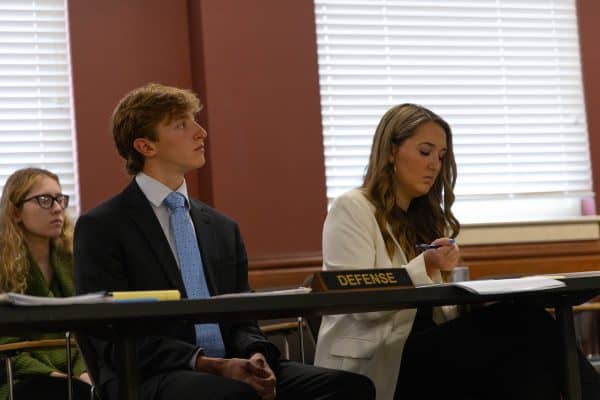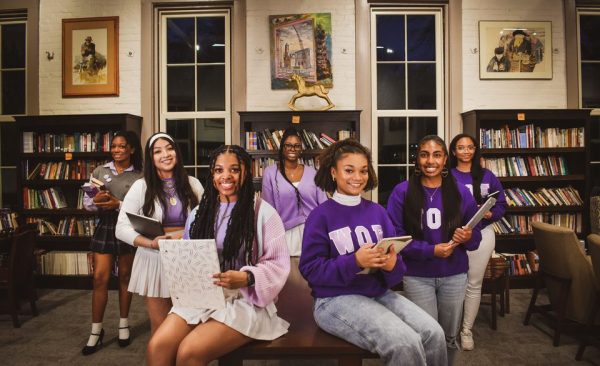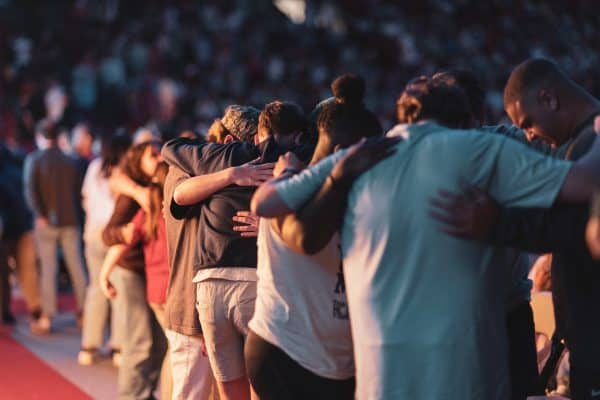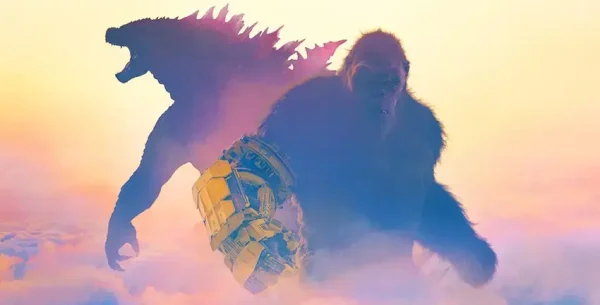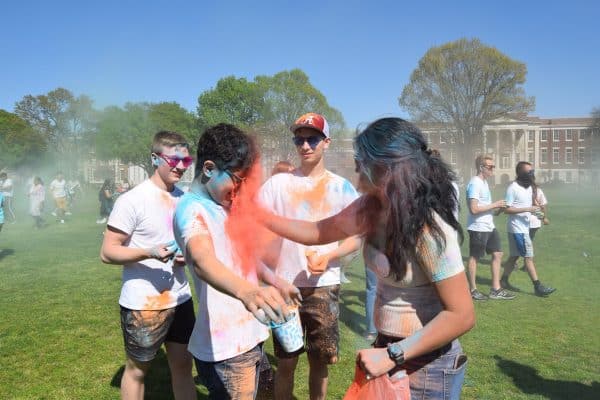Podcast showcases the impact of the South on politics
September 30, 2020
Even as the media and times changed, the use of Black bodies to further the narrative of “black criminality,” has persisted.
“The face of crime was painted Black and often it was seen as being very young,” said Dr. John Giggie, an associate history professor at the University of Alabama and the director of the Summersell Center for the Study of the South, during his segment with “Reckon Interview.”
Throughout this year, the nation has continued to navigate constant turmoil that has highlighted many issues. A certain tinge of political discourse has permeated the air, making it more than apparent that political awareness in the United States is a must.
To contribute to that political awareness, “Reckon Interview,” a podcast created by AL.com, illustrates how the South has impacted the country’s current politics in their third season, “The South Decides.”
“The South is a place… that has cemented its spot in the American imagination, and it’s had an outside role despite the fact that it’s kind of been ignored for the last few decades,” said John Hammontree, managing producer and co-host of “Reckon Interview.”
During this season of their podcast, co-hosts Hammontree and R.L. Nave examine the “role the South has played in the country’s landscape for the last fifty years,” while also showcasing “the people who kind of get left behind and swept behind on the ground level” of elections and the voices of the people working to build the future South.
“In a lot of ways, the movements that started in the South like the civil rights movement changed the country and changed the world,” Hammontree said. “If you look at the 1960s and ‘70s and how white politicians responded to the civil rights movement was to basically flip the parties and that in many ways shaped 2020.”
“So, we really wanted to unpack issue by issue movement by movement what the South’s role has been,” he said.
Hammontree described the podcast as “a good entry point” into Southern history, politics and movements.
“It’s almost like a 300-level introductory course,” he said. “When you reach college, a lot of people start realizing the world is a lot more complicated than we learned in our high school history class, so this is a very easy way to ease yourself into some of those topics each week.”
In its first four episodes, the podcast addresses significant moments in history, including voting and the “Southern strategy.” Then, throughout the rest of the season, they work topic by topic through “hot button issues,” such as healthcare and college football politics.
“Every episode we talk to somebody who gives kind of that big picture look. We do two interviews [per episode],” Hammontree said. “We have somebody who’s like, ‘Here’s how we got to the point we are in now,’ and we talk to someone who explains what it looks like at this exact moment.”
Last week, the podcast examined economic opportunity in the South. In their seventh and most recent episode, released Monday, Hammontree and Nave discussed the criminal justice system with their guests Giggie and Beth Shelburne, a freelance reporter who covers the prison industrial complex.
Hammontree discussed with Giggie how slave patrols and Jim Crow laws were used by Southern states to criminalize all forms of Black behavior. These policies essentially put formerly enslaved people back into a convict leasing system that was a different form of slavery. The podcasters and their interviewees note that those same tactics have been and are currently being used through the era of mass incarceration and the war on drugs.
“Our criminal justice system in many ways has always been kind of a form of regulating and controlling Black bodies in the United States and the South,” Hammontree said. “So you listen to [Giggie] kind of explain all of that, and then you look at the Breonna Taylor ruling where there wasn’t even a trial, and my understanding [is] that in 40 years, no grand jury has ever decided to bring charges against police officers. So, it kind of raises the question of what does justice look like in the United States.”
He said that conversation, about policing and its effect on Black southerners, was one that a lot of people were thinking about in particular.
“So, what we try to do with this episode is give some context. We know what it looks like in this moment, but how do we get to this moment?” Hammontree said.
Check out the most recent episode of “Reckon Interview,” and for more content, check out their Facebook where you can watch a live question and answer show on Thursdays about the recent episode.





